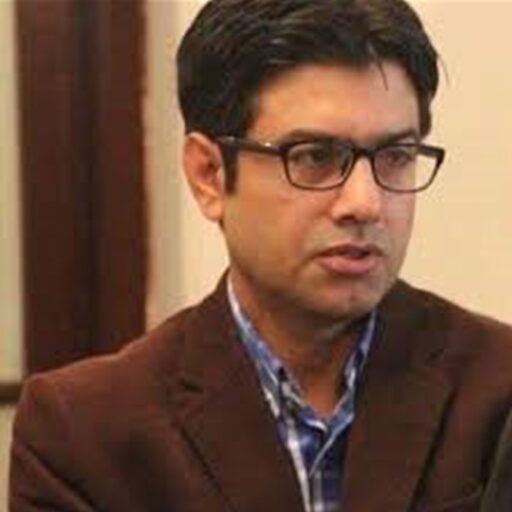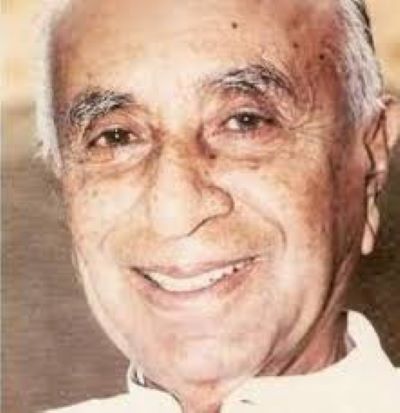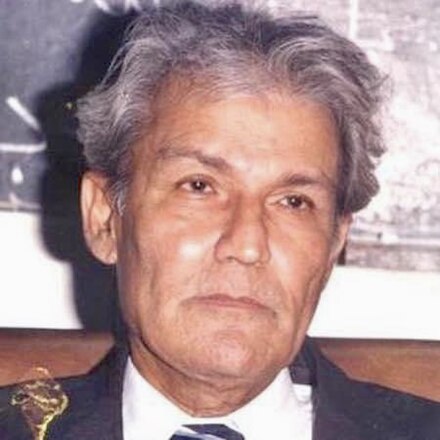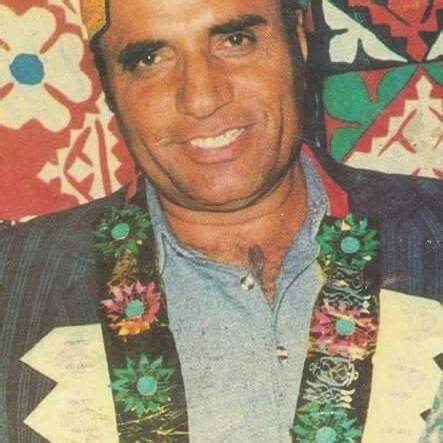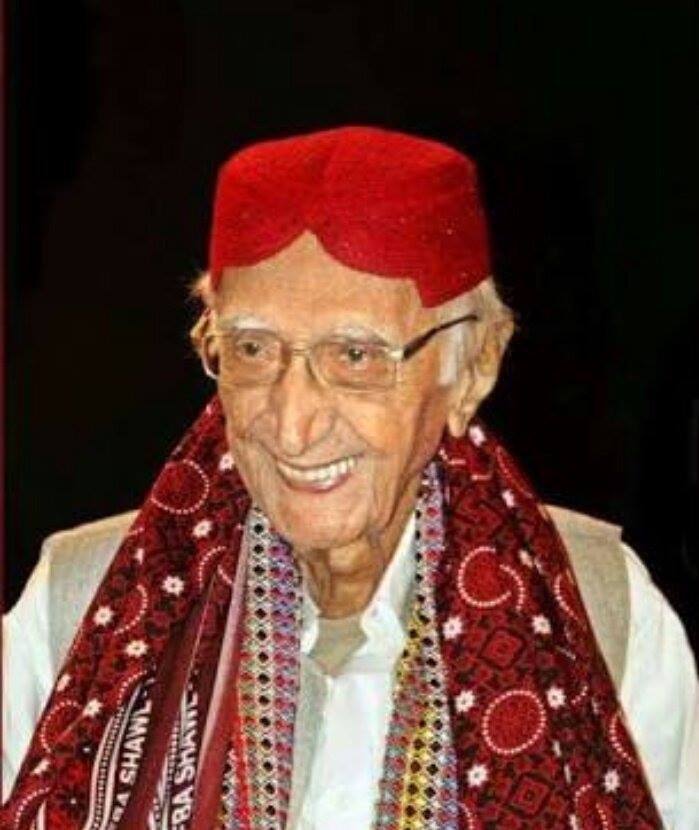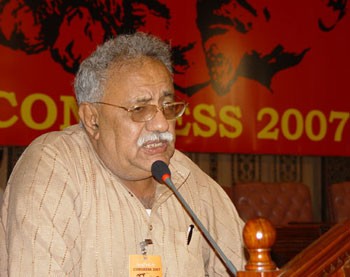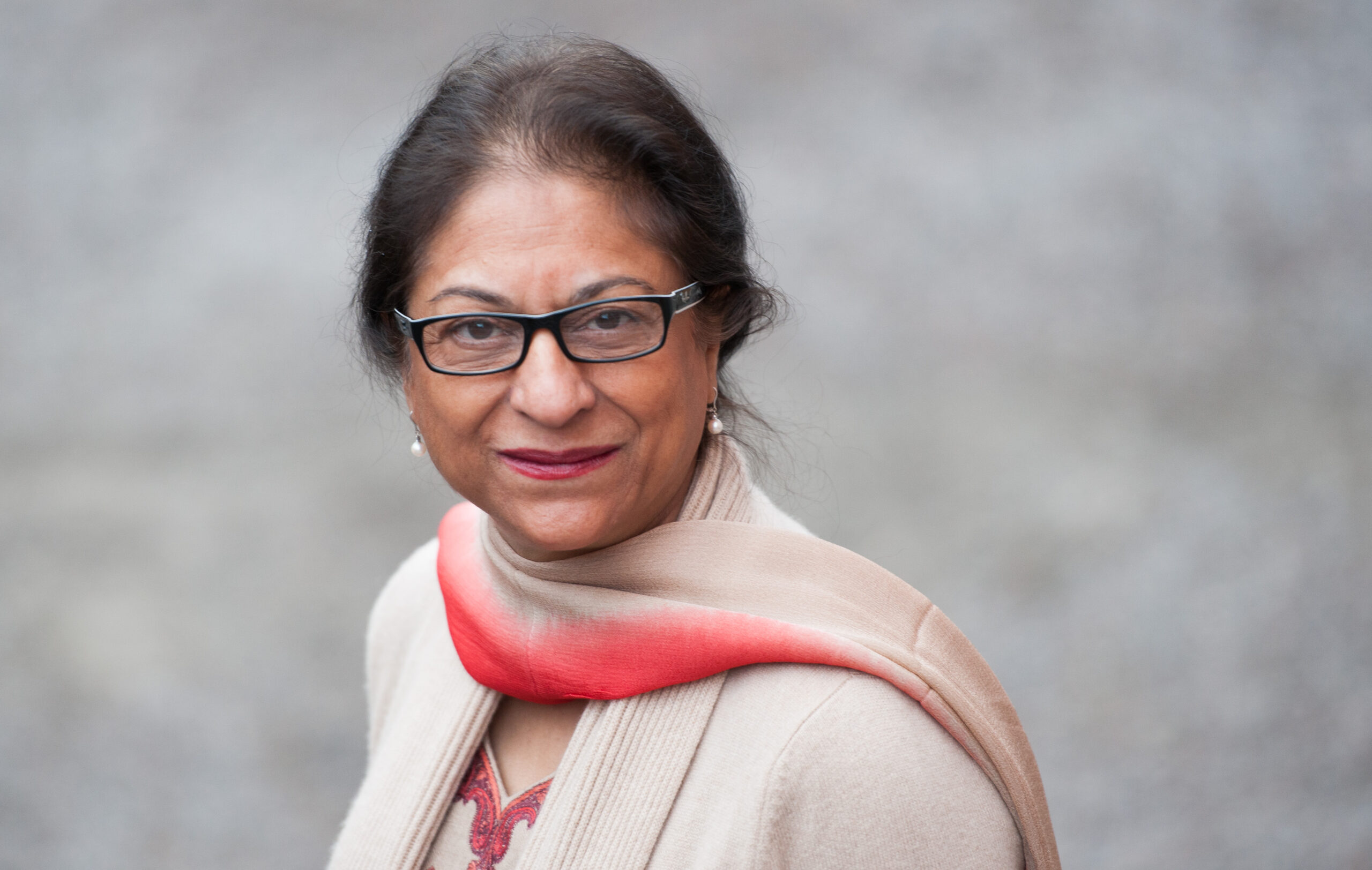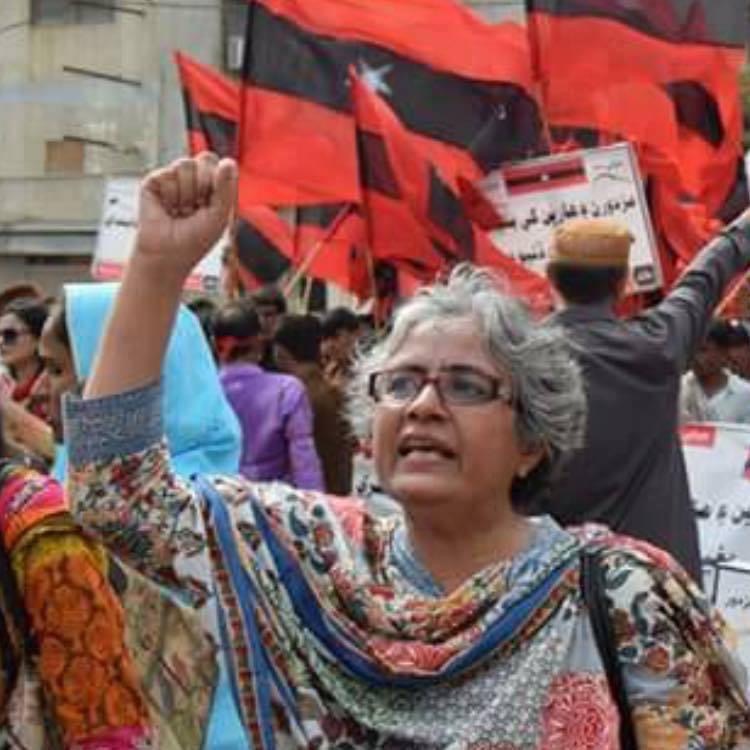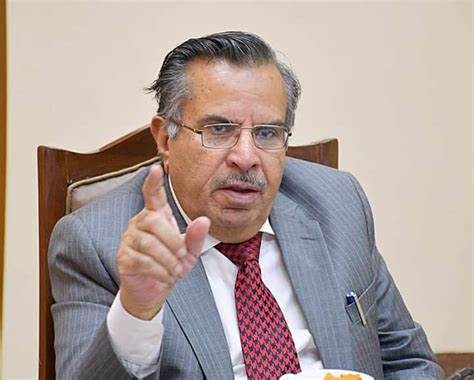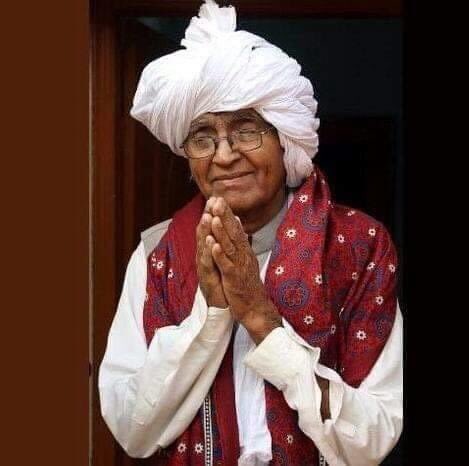Journey of Mushtaq Rajpar
A Tribute to the Heroes
Remembering G M Syed
Syed Ghulam Murtaza Shah Kazmi, commonly known as G M Syed, was a renowned Sindhi politician, born in British-occupied Sindh in 1905.
For many reasons, G M Syed is considered the father of the Sindh rights movement in Pakistan. And even after his death he continues to remain a towering figure, rallying his supporters, admirers and even opponents on his birthday every year. This year, his 117th birthday is being observed today in Sindh and other parts of the world to remember him, and understand why he remains relevant to political currents in Sindh.
Palijo’s legacy
The demise of Rasool Bux Palijo – a stalwart politician and intellectual from Sindh, and one of the greatest writers of Sindhi prose in the 20th century – has not only left thousands of his workers orphaned but has also dealt a blow to the politics of ideology and commitment, and the path to salvation.
Rasool Bux Palijo’s narrative for Sindh was entirely different from what his contemporaries in the business of politics had proposed. He remained a strong proponent of Sindh’s rights.
Remembering Fazil Rahu
Political Struggle of Fazil Rahul
Why do people become political? Why do they join political parties? What if parties do not exist? What forces them to join political activism?
The lives of many political figures show that in their early days, their activism is driven not by ideology or political manifestos, but by their experiences of injustice around them, seeing the resources, livelihood of people being taken away by force by those that are powerful.
Remembering Joyo
Ibrahim Joyo, the father of the modern Sindhi literary movement and identity, passed away this past weekend at the age of 102. Sindh’s political discourse, literary critique, identity and the secular and humanistic conceptions of Sindhiyat were laid down by Joyo.
He was a veteran intellectual, poet and writer and Sindhi society considers him one of the founding fathers of their modern awakening and identity. His death isn’t just being mourned; his life, work and character are being celebrated.
Jam Saqi: A working-class hero
Genuine politics empowers the poor, raises their stature, enables them to move beyond personal concerns and interests and connects them with the larger good and unaddressed questions of economic equality and justice.
Jam Saqi, hailing from the lower socio-economic strata, was one such man who rose to prominence in the country’s politics and left an indelible mark on the history of Marxist political struggle in Pakistan.
Asma: a non-conformist legacy
It is both easy and hard to write about Asma Jahangir’s contribution towards preserving constitutional and democratic rule in Pakistan; hard in the sense that imagining our unjust polity without her is difficult and easy because she made her presence felt across all those parts of the country where human rights were being breached.
For decades, we saw her challenging dictators and extra-judicial exercises, and raising awareness about human rights violations. She was the founder of the Human Rights Commission of Pakistan (HRCP), an organisation that the country desperately needed in its formative decades. Whenever the state and its institutions treated citizens as subjugated subjects and denied them access to the judicial system, Asma came to their defence.
Women, Sindh and politics-Zahida Shaikh
Politics has become hostage to the rich and the powerful elite. It is no longer a force of the masses who could use it against traditional centres of power to negotiate a deal to protect their interests and survival, for socio-economic justice to prevail in society. Such ideology-driven politics seems like a story of the past.
Add to this the passing away of one of Sindh’s prominent female political leaders, Zahida Shaikh, last week. Her death serves as a harsh reminder that committed activists like her and the political movements they built, the political ideals they represented and stood for, are no longer a part of the mainstream discourse and narrative.
Dr Mutahir: the loss of a progressive voice
Nisar A Siddiqui : Change and a school teacher
As they say, ‘It doesn’t matter where you start. It’s where you finish that does’. That is the life of a simple less known school teacher Nisar A Siddiqui (1944-2020) who we lost on June 22.
Many were devastated with the news of his death because they understood what was gone – the loss of leadership in the field of education in an area of the Sindh province where quality education is not available to the majority. Upper Sindh (northern Sindh) has been marked with tribal clashes, (dis) honour killings of women, and politics is still predominantly in the hands of a few landed families and tribal chiefs.
Atta Muhammad Bhanbhro: A life well lived
H T Sorley was a British civil servant in Sindh back in the 1920s, posted in the Hyderabad region. A local publisher Sadho Hiranand published a poem in his paper by a person named Shah Abdul Latif.
The publisher was ordered to appear in the British office, and was questioned why he was publishing rebellious poetry. Upon knowing about Shah Latif, British officer Sorley ordered his production. The publisher informed him that the poet had died some two hundred years ago. Sadho was still punished for two and a half years for publishing Shah’s poem.
